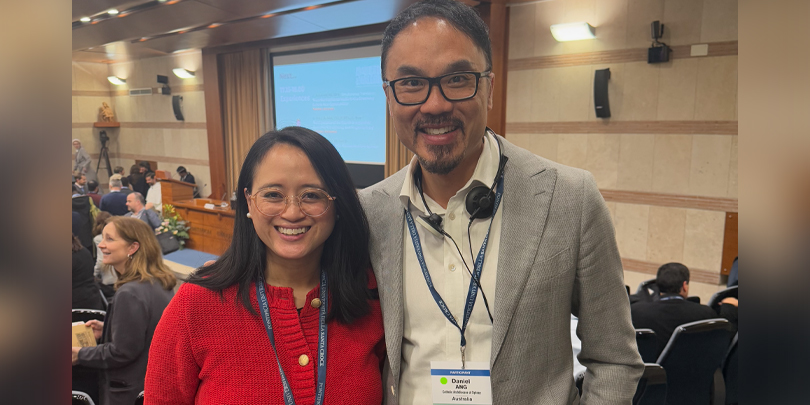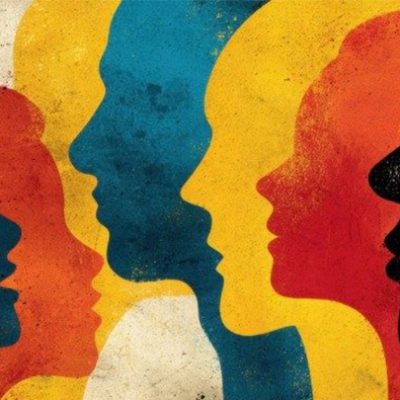
The need for the Church’s faithful and bold engagement of digital media, and of the cultures and ways of thinking it shapes, was the focus of discussion at the 14th Communications Seminar last week, writes Daniel Ang. Source: The Catholic Weekly.
Hosted by the Pontifical University of the Holy Cross in Rome, the conference coincided with the Jubilee of the World of Communications.
With a focus on evangelisation, the conference began with a keynote address from Msgr Rino Fisichella, Pro-Prefect of the Dicastery for Evangelisation, who reminded the almost 600 participants of our faith in that “original communication” of divine love – Jesus, God’s Word made flesh, who lived among us, died, and rose for our salvation.
Indeed, the Church’s communication must be the result of an encounter with Jesus, the implication being that without this encounter we can convey only appearances, confuse mission for image management, rather than communicating the true, life-changing power of the Christian message.
There is Christ-steeped proclamation, and then there is propaganda.
While it is obvious to affirm that our communication of the Gospel must take into account the digital culture in which we now live, move and in which many have their being, it is less clear how the Church, its communities and apostolates will navigate the moral questions that new digital media and even the serious prospect of artificial intelligence raise for human identity and community.
The authors of the Second Vatican Council’s decree on social communication, Inter Mirifica, could hardly have imagined the challenges of the everyday smartphone, let alone AI, when they affirmed back in 1963 on the morality of media: “Parents should remember that they have a most serious duty to guard carefully lest shows, publications and other things of this sort, which may be morally harmful, enter their homes or affect their children under other circumstances”
No doubt as the Church deepens its consideration of these matters, it will need to resist any prospect or ethic of “technological determinism,” in which such thinking machines are a primary force that determine cultural, social and political structures.
Daniel Ang is director of the Sydney Centre for Evangelisation.
FULL STORY
From papal tweets to AI: The Church’s digital awakening (By Daniel Ang, The Catholic Weekly)






